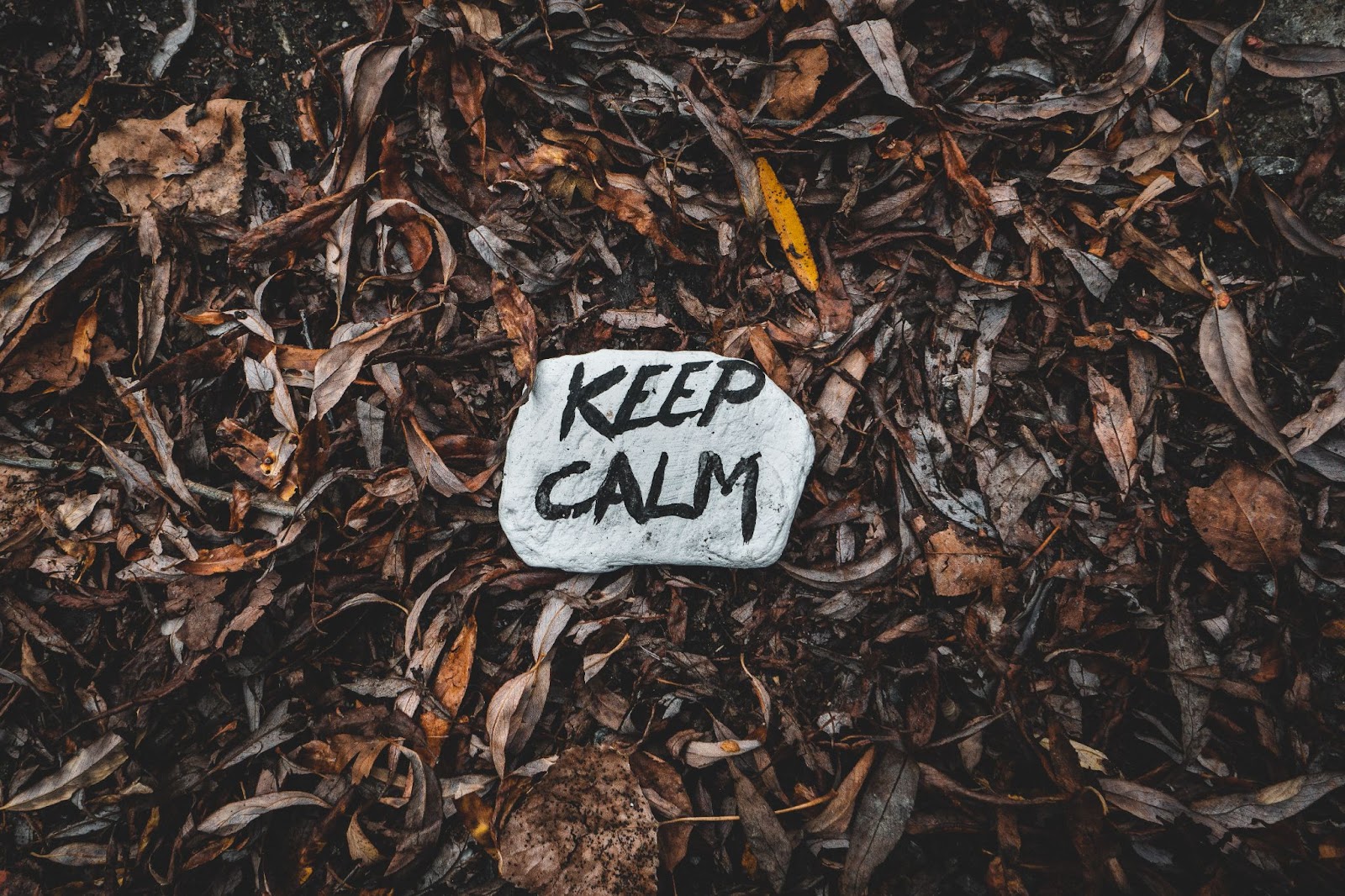While a little anxiety is unavoidable (it’s a natural bodily response), it should not stand in the way of your daily life. Despite this, many of those who experience anxiety do not seek help, viewing it as something they must simply ignore or deal with as opposed to resolving.
If you fall into this category, it’s important to note that anxiety does not have to be a permanent fixture in your life. You deserve to feel better consistently, and there are various steps you can take to achieve this goal.
Speak to someone. One of the most effective strategies to consider when it comes to managing anxiety is knowing when to seek professional help. Opening up to a licensed counselor or therapist can help you in a variety of ways, helping you to work through your problems and develop effective coping mechanisms. For example, they could work on healing your inner child so that you feel more comfortable and settled as an adult, and therefore more equipped to handle whatever comes your way.
Try CBD products. CBD products, such as bloom farms cartridges, can also be a great tool for reducing some of the side effects associated with anxiety, such as dizziness or chest palpitations. This is because it works to increase your body’s production of serotonin. When “serotonin is at normal levels, you feel more focused, emotionally stable, happier and calmer”
Spend more time outdoors. Getting outside more is another effective method through which you can reduce anxiety. This is because, much like CBD products, it can boost serotonin production within your body. You could further enhance the benefits of fresh air by working out outdoors – even if you are simply taking a short walk. This is because “rhythmic exercise has a calming effect and the physiological effects of walking, reducing blood pressure and increasing heart rate, also help to reduce the stress hormone cortisol.”
Get more sleep. Getting enough rest helps reduce anxiety as it helps you to
maintain a clear mindset. As such, it can be an effective way to reduce anxiety and similar afflictions. Of course, this is often easier said than done (especially when anxiety is the reason you can’t sleep in the first place). Thankfully, there are various sleep-boosting strategies for you to try out. For example, you could start a nightly routine, take natural supplements or even try your hand at mediating.
Worry well, but once. Anxious thoughts will not go away unless you learn how to redirect or challenge them. However, to do so, you must first address these anxieties – which means you need to allow yourself to worry a little. Don’t immediately try to dismiss worries, let yourself feel what you need to feel. Then, begin to question them. For example, is this a practical worry, or is it something with little consequence moving forward? If it is a practical worry, is it about something that’s under your control? If no, try to let the worry go. If yes, find strategies you can put in place to resolve the situation.




